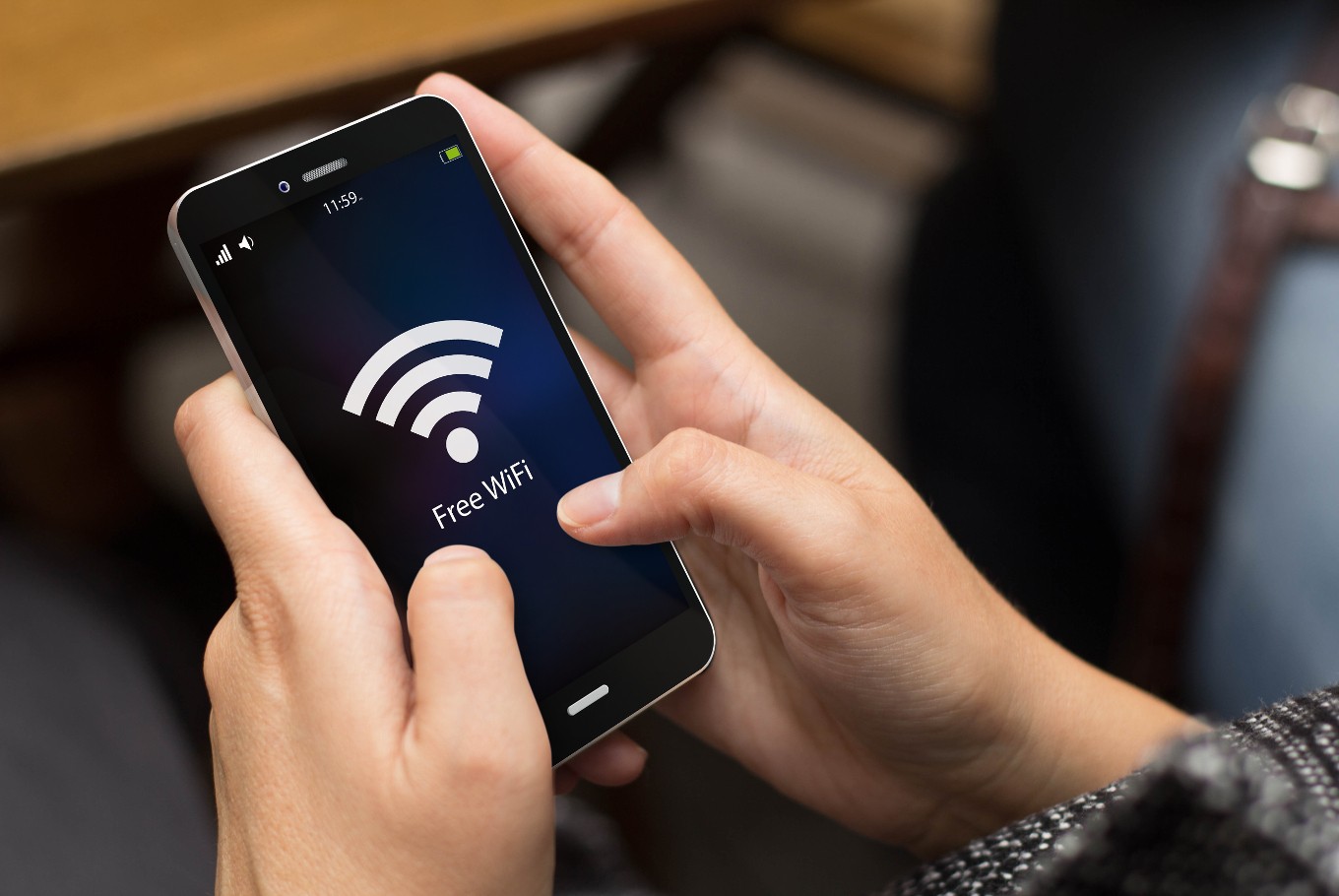Popular Reads
Top Results
Can't find what you're looking for?
View all search resultsPopular Reads
Top Results
Can't find what you're looking for?
View all search resultsHow to secure your phone's portable Wi-Fi hotspot
It is now possible to create a portable Wi-Fi hotspot on your phone and then connect other browsing devices to the phone’s network. But portable Wi-Fi hotspots aren’t entirely safe.
Change text size
Gift Premium Articles
to Anyone
D
o you need portable Wi-Fi wherever you go? Is your Wi-Fi at home malfunctioning and you need a backup? Lucky for you, you don’t have to look any further than your smartphone.
It is possible to create a portable Wi-Fi hotspot with your phone and connect other browsing devices to the phone’s network. Your phone, in this case, acts as your router.
It is really easy and convenient. If you think about the many security concerns that public Wi-Fi presents, you will realize that connecting your computer to your own mobile phone Wi-Fi hotspot is far much safer.
But portable Wi-Fi hotspots aren’t entirely safe. One significant security concern that plagues this convenient android feature is that its network is “open access” by default. What this means is that when you create a hotspot on your Android smartphone, Android doesn’t create a password to the hotspot and, as a result, anyone can connect to the network at will. If you are in a public place, someone can choose to use your expensive bandwidth and unapologetically use it up.
That is not all. A password-less mobile hotspot is bread and butter for hackers and data thieves. You never really know who is snooping on you in public places. So, apart from worrying about exceeding your data plan due to unauthorized access to your Wi-Fi, you have data thieves to worry about as well. You can avoid all of this by encrypting your hotspot.
This is how you can protect your smartphone's Wi-Fi hotspot:
1. Create a strong wireless network password
To bolster your data security when using a mobile hotspot, ensure that you assign a strong password to the hotspot’s access point. A password that is long enough, unique, hard to guess and that you change frequently will make your data unassailable online. Just ensure that the password you choose isn’t your name or any of your identification numbers; make it as random as possible.
With a password in place, you have the control of who does and who doesn’t use your internet bandwidth. A browsing device can only connect to your network using a password that only you can disclose - or not.
In the same breath, ensure that you secure the password by selecting WPA2 hotspot security. There are other security options such as WEP and WPA, but they aren’t as strong as WPA2.
2. Enter a unique SSID for your hotspot
Your Android phone will automatically assign a default SSID (service set identifier) name to your hotspot. These wireless hotspot's network names are easy to guess, especially because hackers understand how precomputed names are generated and the passphrases that go with such names.
Before testing your hotspot in a public setting, first ensure that you have renamed your SSID to a name that only you understand its meaning and origin.
3. Use VPN
Install a VPN on your smartphone as well as other connected devices in your home. If you live in a smart home where almost all devices are connected to the internet, you may need to invest in a VPN router that will keep data spies at bay.
What’s more, a premium VPN service will enable you to connect up to 5 devices to your portable hotspot without jeopardizing data security in any one of them.
4. Update your phone’s antivirus software
Updating your phone’s antivirus software periodically is of paramount importance, provided that you use it to browse the internet. Antivirus software isn’t only for PCs and desktops as many people assume. Hackers have found a weak link in smartphones’ nonexistent security protocols, so they are gradually shifting their focus from computers to phones.
In that light, ensure that your antivirus software is up to date before creating a Wi-Fi hotspot on your iPhone or Android phone.
In conclusion
Here's a bonus tip: If you provide Wi-Fi services to other people, say customers at your store, it is safe to have all your coding done in Java programming.
“Java programming is the most secure of all coding languages, and luckily there are many professional companies that do Java outsourcing services which can assure you that data thieves will have a hard time breaking into your systems,” say experts of Tactica.
Note that Java's security model is tailor-made to protect users across your network through the Java Runtime Environment. (kes)
***
Andin is a data science student at Georgetown University. Has a passion for cybersecurity and is a regular writer on topics related to internet security and privacy.











